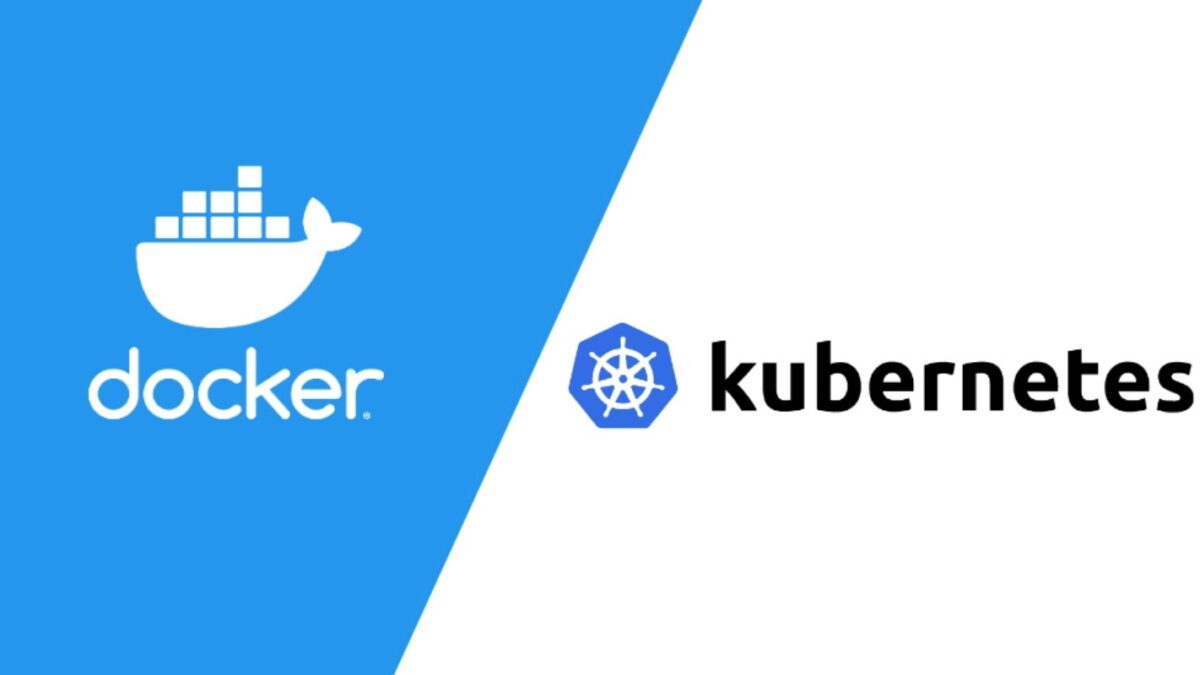Kubernetes v/s Docker is one such topic that has always made its way in the conversation regarding containers. This topic has been raised multiple times in the cloud computing industry. Let us look beyond the hype that has surrounded both – Kubernetes and Docker. It is essential to know what these words mean and understand them in detail before running a company or your business on top of them. You can always opt for Kubernetes certification training and learn under expert guidance.
But whether you are from a non-technical background who needs an overview of this topic or say you are a person who needs to make business decisions, this article will help in all the verticals.
Table of Contents
ToggleWhat is Docker? | Understanding Docker Containers
Docker container is a lightweight virtual machine that is a software packaging and delivery platform. The use of Docker proved a lot helpful to the developers, which resulted in widespread adoption of this technology. Earlier, virtual machines were used by cloud service providers to isolate the running apps from each other. A host operating system or hypervisor provides virtual memory, CPU, and other resources to guest OS. Then each guest OS would work as if it’s working on actual physical hardware. And it is ideally not aware that other guests are running on the same server.
VMware was the first one to make this concept famous. But there are several issues with this virtualization. Firstly, the provisioning of the resources would take time. The second important issue is the inefficient utilization of the resources in the system. OS kernels want to keep control and manage everything that is supposedly available to them. So, in the scenario in which the guest OS feels that a particular amount of the memory is open to it, it controls that whole memory even if the app running on the OS uses only half of it.
On the contrary, when we use containerized applications, the operating system is virtualized (for example, your packages, standard libraries, etc.) only and not the hardware. Now the virtual hardware is not provided to the VM; instead, you give a virtual OS to your app. And then each application will run, being unconscious about the hundreds of other containers running along with it. The advantage of it is that you can run multiple applications and enforce limitations on their utilization of resources if you want.
What is Kubernetes? | Understanding its Architecture
Kubernetes enables running containers across multiple computer nodes (virtual machines or a bare metal server). Once Kubernetes takes control over a cluster of these nodes, then the containers can then be torn down or spun up depending on the requirement at the given time. You can also get Kubernetes certification training to understand this exciting technology.
There are two fundamental concepts in the Kubernetes cluster. Firstly – a node. Node is a common term assigned for virtual machines or bare metal servers managed by Kubernetes. A collection of the related docker containers which must exist together is called a Pod. The second – pod, in Kubernetes a pod is a basic unit of deployment.
The nodes are of two types. The important one is the master node. This master node has the heart of the Kubernetes installed in it. It controls pod scheduling across different nodes where your app is running. The role of this master node is to make sure that the desired state of the cluster is met.
Kubernetes V/S Docker
Kubernetes v/s Docker: According to the principle of Kubernetes, it can work with any containerization technology. The two preferred containers to integrate Kubernetes with are Docker and rkt. Docker has a significant market segment that has led to much hard work in bringing perfection in the integration between Kubernetes and Docker, much more than any other containerization technology. If you aspire to work with Kubernetes, you can enroll for Kubernetes certification.
The Docker Inc company offers its container orchestration engine called Docker Swarm. But at a later point, they realized that Kubernetes had expanded much more in the market. It is on such a point that even Docker for Windows and macOS comes with its Kubernetes distribution. But, it leads to the fact – Kubernetes and Docker have benefited tremendously and have wholeheartedly embraced each other from their symbiosis.
Also Read: How is Ed-Tech Transforming the Education Landscape?
The primary difference between Kubernetes and Docker is that Docker is meant to run on a single node. In contrast, Kubernetes is supposed to run across a cluster (A cluster collection of the related nodes). Docker is one of the most popular container platforms. On the other hand, Kubernetes manages the containerized workloads. Kubernetes extends its help with Docker load balancing, security, scaling, and networking across all the Kubernetes nodes running your containers.
| Kubernetes | Docker |
| Kubernetes is a tool that works on the orchestration of a container. | Docker is a tool used for deploying the container. |
| Kubernetes is supposed to run across a cluster. | Docker is meant to run on a single node. |
| With the help of Kubernetes, different nodes can communicate with each other. | In Docker, the two different nodes cannot communicate with each other. |
| Kubernetes is an open-source platform, and it is widely used in various industries. | Docker Inc has its container orchestration engine called Docker Swarm. It is used for managing containers which also has an enterprise edition. But most of the companies don’t prefer it. |
| Kubernetes looks after failover and scaling for your apps running on the container. | Docker automatic failover and scaling for your app running on the container is not possible. |
Conclusion
Containers allow us to think about the systems and services in a wholly new and digital way, and hence containers are outstanding! Both Kubernetes and Docker are here to stay. They are changing continuously to transform themselves as per the developing technology and bring something better. If you want to become a Kubernetes expert, then join Kubernetes training now, and give a kick start to your career!
Related posts
Hot Topics
Prioritizing Tasks: A Student’s Guide to Efficient Workload Management
Staying on top of coursework, assignments, revision lessons, extracurricular activity, and socialising often feels like attempting to keep several balls…
3 Ways in Which Small Businesses Can Optimize the User Experience of their Corporate Website
When it comes to improving the user experience of your corporate website, you should be aware that this is not…



